
Iberian Super Cup Talks: Real Madrid, Barcelona and Porto Eye Bold New Cross-Border Competition
Andre Villas-Boas reveals proposal for new Iberian Super Cup involving La Liga and Portuguese giants
European football might be on the verge of another revolution. FC Porto president Andre Villas-Boas has revealed that discussions are underway over a potential Iberian Super Cup — a competition that would bring together the biggest clubs from Spain and Portugal, including Real Madrid, Barcelona, Atletico Madrid, Benfica, Sporting and Porto themselves.
Speaking at the Portugal Football Summit, the former Chelsea and Tottenham manager confirmed that he pitched the concept to both Portuguese and Spanish football authorities, suggesting that it’s only a matter of time before such cross-border competitions become a reality. Villas-Boas admitted that the idea is still “in the drawer”, but he believes football is heading “inevitably” toward a new era of shared leagues and continental clashes.
Villas-Boas pushing for an Iberian football revolution
For Villas-Boas, the logic behind an Iberian Super Cup is clear: growth, visibility, and commercial expansion. He argues that football, like other sports, must evolve to meet global demand and reach new audiences.
“We’re on a path to brand expansion and international positioning,” he explained. “If we look at other sports, there are already cross-border competitions — the Iberian Super Cup is one of them. I believe football will follow this route within ten years. I challenged Pedro Proença [president of the Portuguese Football Federation] and other major Spanish and Portuguese clubs to think about it. The idea was very well received by Real Madrid, Barcelona, Atlético Madrid, Benfica, Sporting, and the FPF.”
However, Villas-Boas acknowledged that not everyone is on the same page. Talks have reportedly stalled, with the Portuguese and Spanish clubs “at loggerheads” over how the competition would be structured. Still, the concept remains alive — and in an era where traditional domestic football is being reshaped by global ambitions, it might only be a matter of time before it’s revisited.
La Liga leads the way with historic Miami fixture

Real Madrid CF v Al Hilal: Group H – FIFA Club World Cup 2025
If there’s a template for Villas-Boas to follow, it’s already being set in Spain. La Liga president Javier Tebas has confirmed that Barcelona’s upcoming league clash with Villarreal will be played in Miami on December 20 — the first official Spanish league match ever staged outside Europe. Originally scheduled for Villarreal’s Estadio de la Cerámica, the fixture represents a major milestone in La Liga’s ongoing effort to expand its international footprint, particularly in North America.
“This is a landmark moment for La Liga and for world football,” Tebas said. “By taking an official match to the United States, we’re connecting with millions of fans across North America while strengthening Spain’s position as a global football powerhouse. It’s a bold, historic step designed to inspire fans both abroad and at home.”
Not everyone is happy, of course. UEFA has publicly expressed opposition to the move, insisting that domestic league matches should remain within their home nations. But with no explicit FIFA rule preventing it, Tebas found a legal loophole — and used it.
Real Madrid, however, were quick to criticise the decision. The club accused La Liga of “breaking tradition” and giving Barcelona a commercial edge. Tebas, as ever, refused to back down.
“Madrid can say what they want,” he snapped. “The players from both teams want to go. The rules are clear — the clubs make the request, and La Liga supports it. If it wasn’t Miami, they’d still complain. We’re not doing anything wrong. To maintain our level, 42% of our audiovisual income comes from outside Spain. We have to respect those fans who pay to watch football, wherever they are.”
From Spain to Australia: globalisation reshaping the game
La Liga isn’t alone in exporting its product. Serie A recently announced that AC Milan’s January fixture against Como will take place in Perth, Australia. League officials hailed it as a “strategic step” to grow Italian football’s presence in Asia and Oceania — and to unlock new commercial opportunities.
For Villas-Boas, these examples underline the direction football is heading. He believes that Portugal cannot afford to be left behind.
“We’ll soon see Villarreal and Barcelona play in Miami, and Milan against Como in Australia,” he said. “Meanwhile, we have matches like Casa Pia versus Sporting with 1,500 spectators. Wouldn’t our games attract far more in Newark or Geneva, where so many of our expatriates live? These are new sources of income, and it’s up to our leaders to seize them.”
He also called for stronger collaboration between Portugal’s league officials and the Spanish football authorities, suggesting that regular “summits of presidents” could help develop shared strategies for the region’s football growth.
Player backlash over global expansion
Not everyone in the game shares Villas-Boas’ enthusiasm for international fixtures. Players have voiced concerns that such plans prioritise commercial gain over sporting integrity and player welfare.
Barcelona midfielder Frenkie de Jong was among the first to criticise the Miami match, calling the idea “unfair for the competition.” Former Barcelona coach and Netherlands boss Ronald Koeman agreed, arguing that Villarreal lose their home advantage and that the transatlantic travel could hurt both teams.
In Italy, Juventus star Adrien Rabiot expressed frustration over the Serie A match being moved to Australia. “It’s unnecessary,” he said. “We’re already playing too many matches. This just adds more travel and fatigue.”
The growing number of complaints highlights the ongoing tension between football’s traditionalists — who value local identity, home advantage and fan culture — and the modern executives chasing global markets.
A future built on global ambition
Despite the backlash, Villas-Boas remains convinced that globalisation is inevitable. The former Premier League coach believes that if Portuguese football wants to compete financially with its European neighbours, it must embrace innovation and internationalisation.
“Our clubs can’t survive only on local audiences,” he insisted. “We have to think bigger, collaborate, and take our football to where the fans are. This isn’t about abandoning tradition; it’s about ensuring our future.”
His message is clear: adapt or be left behind. With Spain, Italy, and even the Premier League exploring new global ventures, it seems only a matter of time before an Iberian Super Cup becomes more than just an idea.
If it does, it could mark the start of a new chapter — one where Real Madrid and Barcelona no longer only fight for dominance in Spain, but also across the Iberian Peninsula. For football purists, that may sound like heresy. But for a new generation of global fans, it could be exactly what the sport needs.

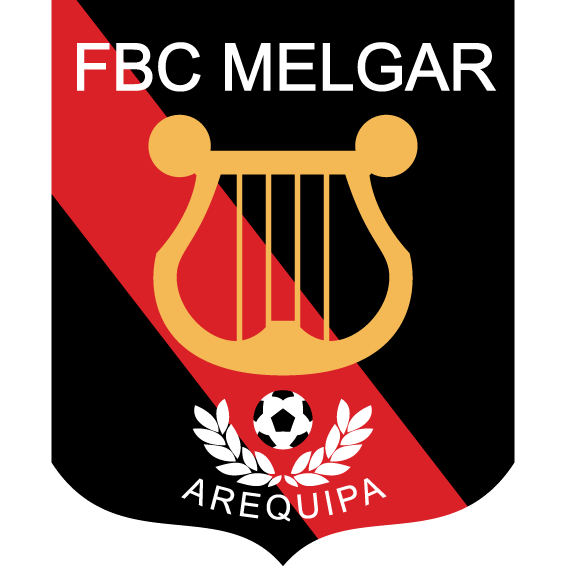



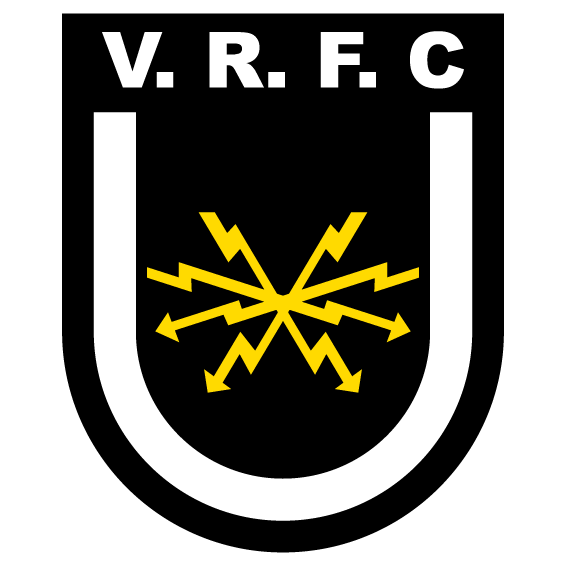










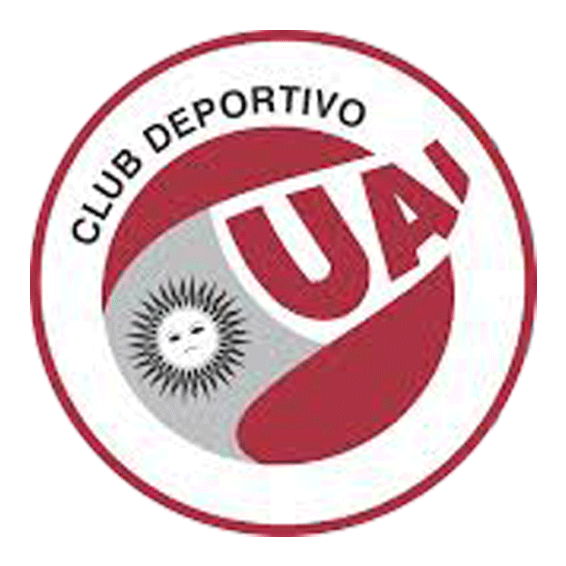


















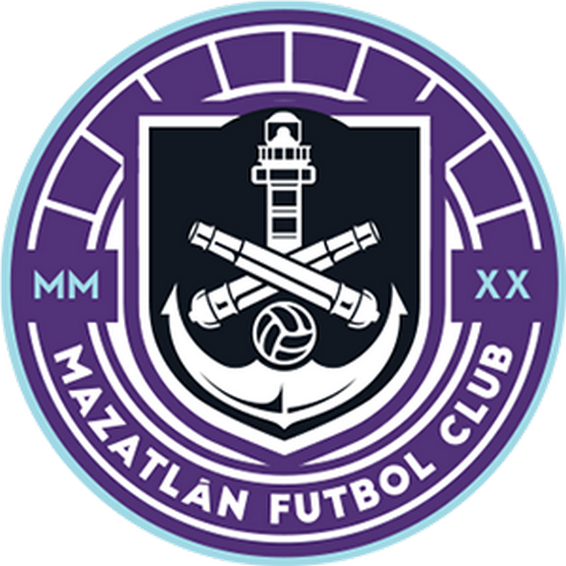



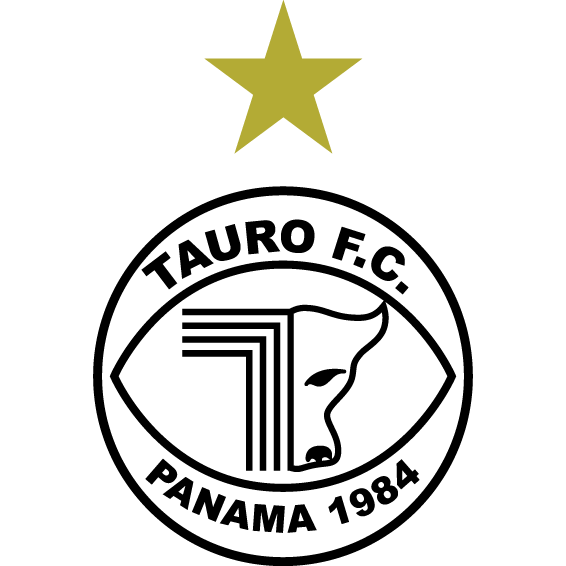



























There are no comments yet. Be the first to comment!